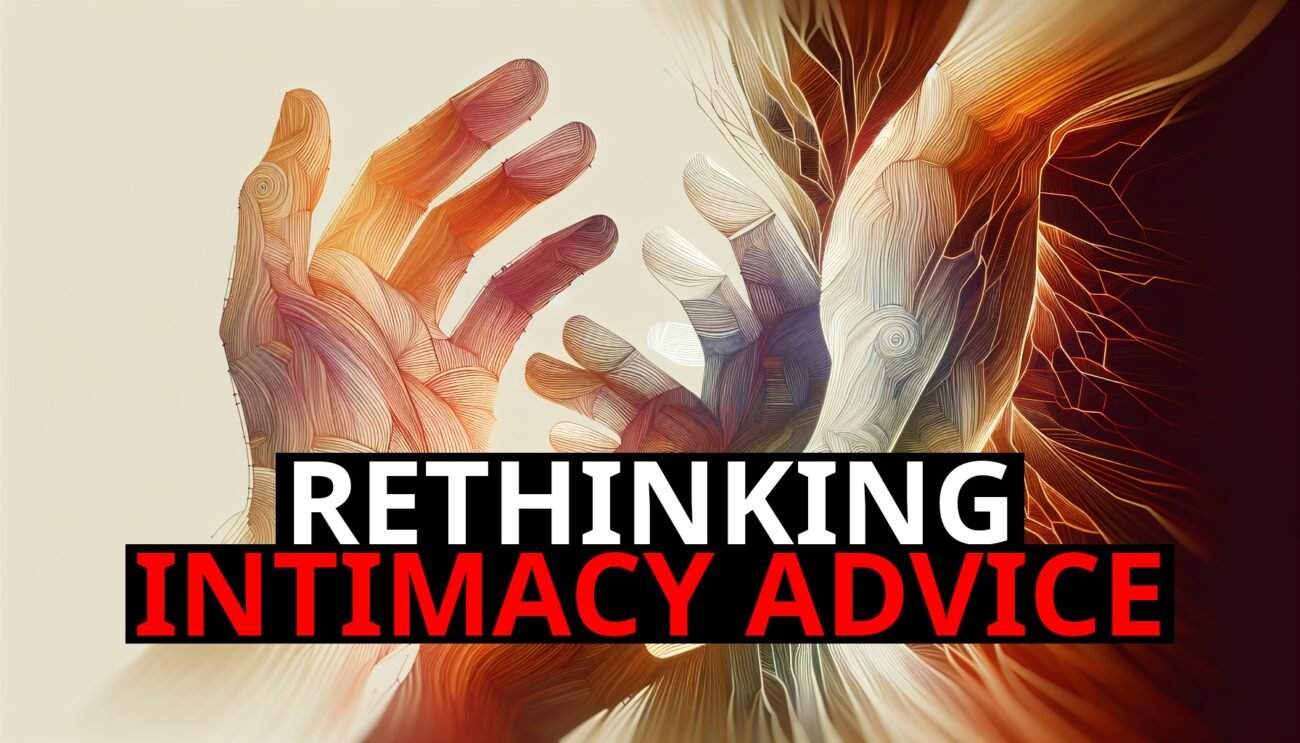The Power Of A Mother’S Influence: How It Shapes The Man You Become
From the moment a child is born, the mother’s voice, touch, and presence leave an indelible mark. While love and nurturing are essential for healthy growth, when that care crosses into control, the psychological effects can echo for a lifetime. Many sons raised by dominant mothers struggle with issues of independence, self-worth, and assertiveness. What does this do to a person? How can they break free from this pattern and reclaim their autonomy?
The Psychology Behind Dominant Mothers And Submissive Sons
Understanding why dominant mothers exert such influence over their sons starts with recognizing the psychological dynamics at play.
- Fear of Losing Control: For some mothers, being the central figure in their son’s life is crucial to their self-esteem. They may fear being forgotten or sidelined as their children grow older, so they work harder to maintain their control over decisions, actions, and relationships.
- Overprotectiveness as a Coping Mechanism: A mother’s instinct is to protect, but when this instinct becomes excessive, it may stem from her own anxieties or fears—such as an underlying belief that the world is too dangerous for her son to navigate alone. This protection often becomes stifling and prevents the son from developing independence.
- Insecurity and Validation: In some cases, a dominant mother’s need to control may be rooted in her own unresolved insecurities. By keeping her son reliant on her, she can feel needed and validated, which temporarily alleviates her fears of inadequacy.
These psychological factors create a cycle where the mother unintentionally holds her son back, while the son may feel trapped or inadequate if he steps out from under her shadow.
Personal Growth: How Sons Can Break The Cycle
Breaking free from a dominant mother’s influence requires both awareness and action. Sons who have grown up in this dynamic may find it challenging to set boundaries, make independent decisions, or assert themselves in relationships. However, there are concrete steps they can take to foster personal growth and heal from the effects of overbearing maternal influence.
- Recognize the Pattern: The first step is acknowledging the cycle of dominance and submission. Many sons don’t realize the psychological toll their mother’s control has had until they find themselves struggling with issues like low self-esteem or difficulty making decisions.
Reflect on Childhood Dynamics: Take time to reflect on how decisions were made in your family growing up. Was your opinion valued? Did you have the space to make mistakes and learn from them, or were you constantly guided by your mother’s “better judgment”?
Identify Areas of Dependence: Look at areas in your life where you still rely heavily on others’ opinions—particularly your mother’s. Understanding these dependencies is key to breaking the pattern.
- Build Confidence and Independence: To heal, sons need to work on building self-confidence and independence. Start by taking on new responsibilities and making decisions without seeking constant validation.
Take Risks: Independent decision-making is a skill that must be practiced. Start by taking small risks in your daily life—whether it’s making a career decision, setting personal boundaries, or trying something new without consulting others first.
Celebrate Successes, Big and Small: Every time you make an independent decision, celebrate it. These small victories build confidence and reinforce the idea that you are capable of standing on your own.
- Seek Therapy or Counseling: Psychological patterns established in childhood can be hard to break on your own. Seeking therapy can be an incredibly helpful step in understanding the deep-seated emotional effects of overbearing parenting. A counselor can help you uncover these patterns and work with you to develop healthier coping strategies.
How Dominant Mothers Can Heal And Support Their Sons’ Growth
For mothers who realize that they may have been too controlling, there is hope for change. Healing within the family requires self-awareness, humility, and the willingness to step back and allow your son to lead his own life.
- Recognize the Need for Letting Go: Acknowledge that part of your role as a mother is to support your child’s growth and independence, even if it means letting go of some control. You have nurtured and protected your son, but now it’s time to trust him to navigate life on his own.
Celebrate His Independence: Instead of feeling threatened by your son’s growing independence, celebrate it. Take pride in the fact that your child is becoming a capable, self-sufficient adult who can make decisions and live his own life.
Step Back When Necessary: Allow your son the space to make mistakes and learn from them. Offer support when he asks for it, but refrain from offering unsolicited advice or taking charge of decisions.
- Develop Your Own Interests and Identity: Often, the overbearing nature of a mother is rooted in a lack of fulfillment outside of the family. When your identity is too wrapped up in your role as a mother, it can be hard to let go. Finding hobbies, friendships, or pursuits that fulfill you personally will help you shift from being overly focused on your child’s life to nurturing your own.
Creating Balance And Growth For The Whole Family
The journey to healing isn’t just about the mother or the son—it’s about creating a balanced family dynamic where all members can thrive. Fathers, too, play a vital role in supporting this transition, both by offering emotional support to their sons and by modeling balanced decision-making.
- Encourage Open Communication: One of the best ways to break the cycle is through open, honest communication. Encourage discussions about boundaries, respect, and independence within the family. Sons need to feel heard and supported, while mothers must listen without judgment.
- Foster Shared Leadership: Encourage shared leadership within the family. Sons should be encouraged to take on more decision-making responsibility, while mothers should step back and allow others to take the lead. This can help break the cycle of dominance and establish a more equal family dynamic.
The Path To Healing: Personal Growth And Family Harmony
Personal growth takes time, but the rewards of healing from the cycle of dominant mothers and submissive sons are life-changing. For sons, learning to break free from their mother’s influence opens doors to confidence, autonomy, and healthier relationships. For mothers, stepping back and allowing your son to grow empowers both of you to become more balanced and fulfilled individuals.
Ultimately, the key to healing is recognizing that both independence and connection are important. By fostering a family environment where each member’s individuality is honored, you can create lasting change and ensure a healthier future for the next generation.













